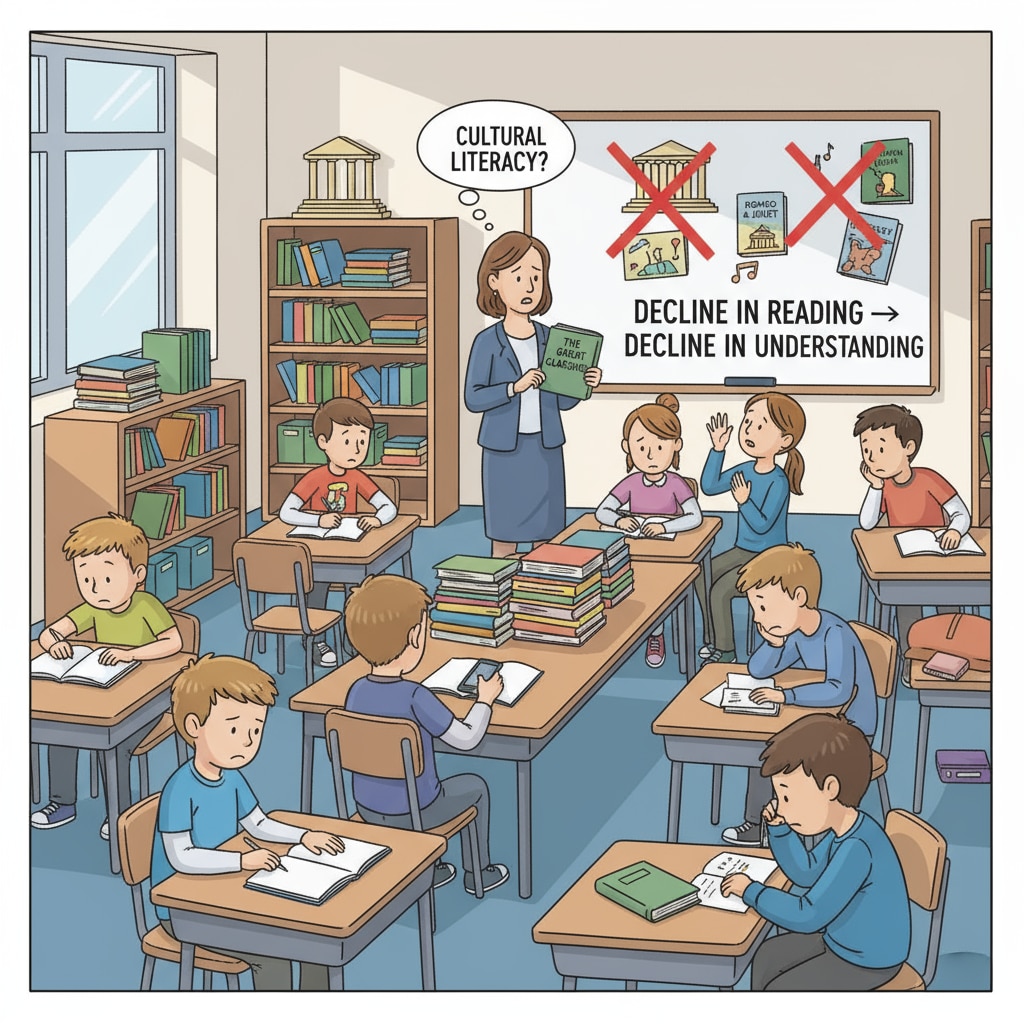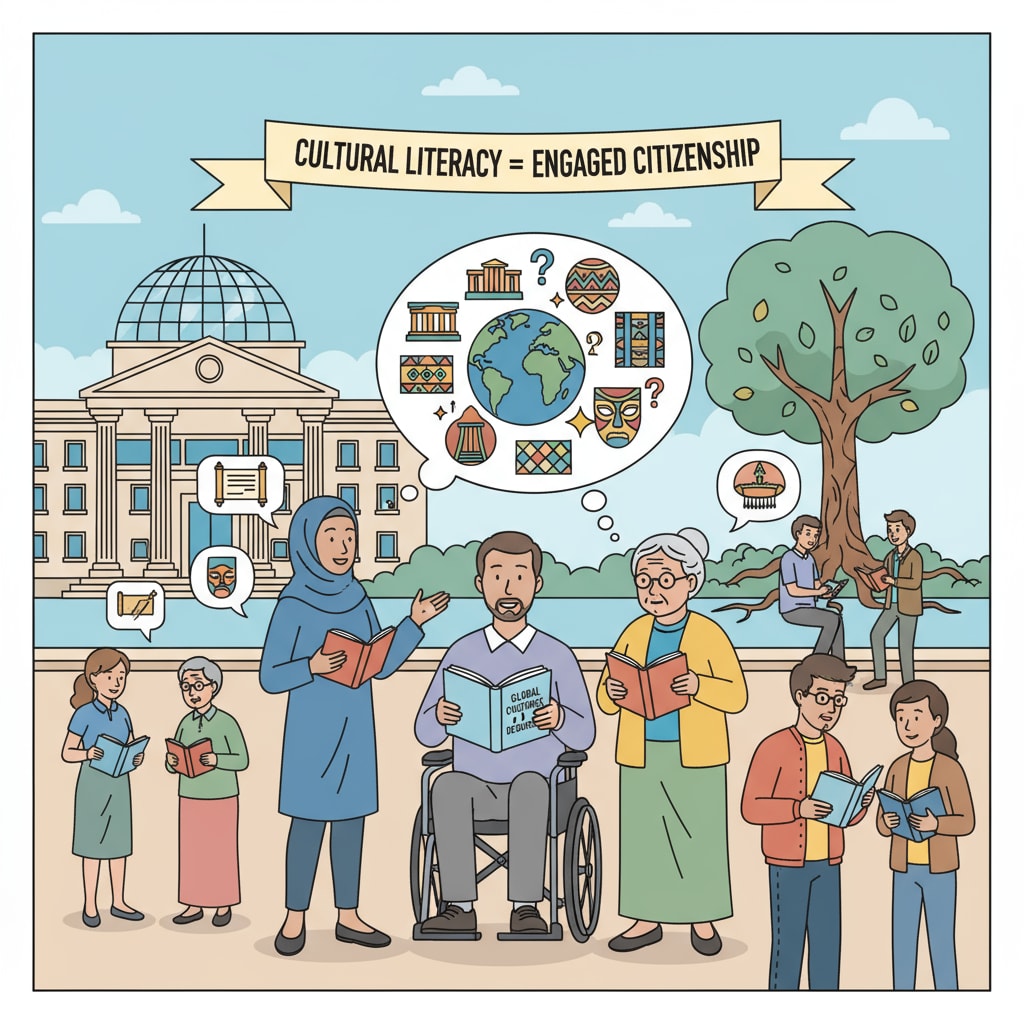Cultural literacy, democracy, and reading ability are intertwined aspects that play a crucial role in the development and sustenance of a healthy society. In contemporary K12 education, there is a disconcerting trend of a continuous decline in students’ cultural literacy, with the deteriorating reading ability of high school students being particularly worrying. This decline has far-reaching implications for the very fabric of democratic societies.

The Link Between Reading Ability and Cultural Literacy
Reading is the cornerstone of cultural literacy. It is through reading that individuals are exposed to a vast array of ideas, historical perspectives, and different cultures. When students’ reading ability declines, their access to this wealth of knowledge is severely limited. For example, a student with poor reading skills may struggle to understand classic literature, historical documents, or scientific research papers. As a result, they miss out on the opportunity to develop a broad understanding of the world, which is a fundamental aspect of cultural literacy. Cultural literacy on Wikipedia
The Role of Cultural Literacy in Democratic Societies
Cultural literacy is essential for the functioning of a democratic society. In a democracy, informed citizens are the bedrock of the system. When citizens are culturally literate, they can critically analyze political issues, understand the implications of policies, and make informed decisions during elections. However, a decline in cultural literacy means that citizens may lack the necessary knowledge and skills to engage effectively in the democratic process. This can lead to a situation where decisions are made without a full understanding of the consequences, potentially undermining the principles of democracy. Democracy on Britannica

The decline in cultural literacy and reading ability among students in K12 education is a complex issue that requires the attention of educators, parents, and policymakers. By working together, we can develop strategies to improve reading skills, enhance cultural literacy, and ensure that the next generation of citizens is well-equipped to uphold the values of democracy. It is time to recognize the urgency of this cultural crisis and take decisive action.
Readability guidance: The above content uses short paragraphs to present ideas clearly. Each section focuses on a key aspect related to cultural literacy, reading ability, and democracy. Transition words like ‘however’ and ‘for example’ are used to make the flow more natural. The passive语态 is kept to a minimum, and the sentences are of appropriate length to ensure readability.


